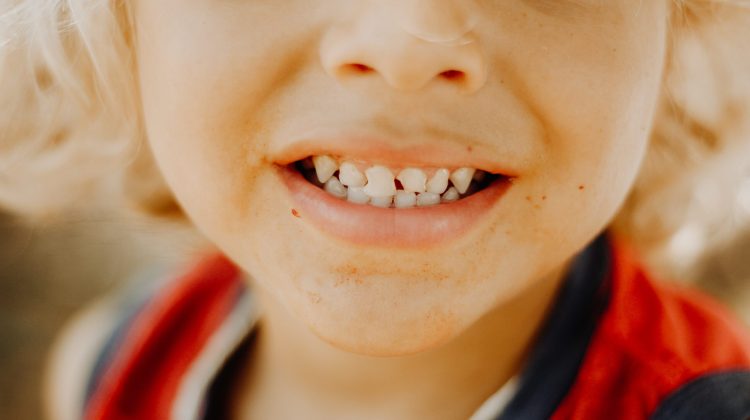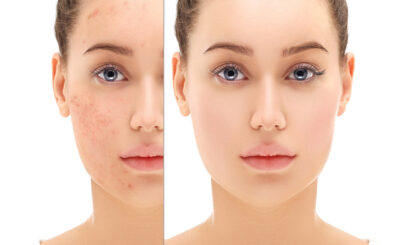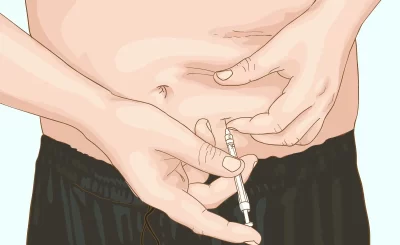Dental crowns are often necessary for people whose teeth are severely damaged due to decay or erosion. They are the perfect solution in restoring teeth in bad shape, which cannot be fixed through fillings. Dental crowns are necessary for children as well, and there are many reasons why a dentist may recommend putting a crown on your child’s tooth. One of the main reasons is if the cavity on the tooth is too large.
Baby teeth have thinner layers of enamel (the outer protective layer) which means that the cavity can grow faster and affect the tooth’s nerve. Once the nerve is damaged, the dentist must carry out a baby root canal which leaves the more weak and prone to breakage. Cavities can occur on more than one part of the tooth so, instead of placing several fillings into a tiny tooth, a same day CEREC crown is a parental convenience.
Some argue that the crowns are not necessary as the baby’s teeth will fall out anyway. Although the baby’s teeth will fall out at some point, they are still useful in the time they are supposed to be there. They perform vital roles such as chewing, and they are necessary for proper speech development. The primary teeth hold the underneath jaw in preparation for the development of adult teeth. Early loss of the primary teeth can result in space issues or crowding of adult teeth or significant orthodontic problems in the future. Therefore baby molars are vital until they naturally fall out for permanent teeth to grow. If dental crowns weren’t meant for kids, then dentists would not recommend them for any age. Here is why dental crowns are necessary for children.
Tooth decay or erosion
Children love sugary foods and drinks, which often leads to the dental decay of their tiny teeth. Without the proper oral care, the sugars stick to their teeth and ultimately attack the enamel leading to corrosion. A dentist will recommend a crown for your baby’s teeth if there is significant decay or erosion that can’t be repaired. But you can avoid that by ensuring that your baby maintains proper oral hygiene and avoiding sugary foods.
Tooth cracks
Children are not the most careful beings and may crack their teeth while playing or getting rough with their friends. A tooth crack or chip results from the force in the mouth or face, such as during a sport. A crown allows your baby to get back to normal chewing that may have been affected when the tooth got a crack. It covers up the entire crack to give a child a star sparkle just in time for dinner.
Promotes the longevity of your baby’s teeth
By repairing cavities, injured or decayed teeth, crowns promote the longevity of your baby’s teeth. They protect the baby’s soft teeth, which are more vulnerable to wear, and prevents them from coming out prematurely. Well-timed dental crowns can save your baby from the need for more extensive dental work in the future.
The bottom line
You are not a helicopter parent for wanting your baby to have the best oral health. Treating your baby’s current decay or any other tooth problem benefits them in many ways. Since a baby’s teeth are sensitive, you need to help them maintain better oral health practices to stay in good condition.








